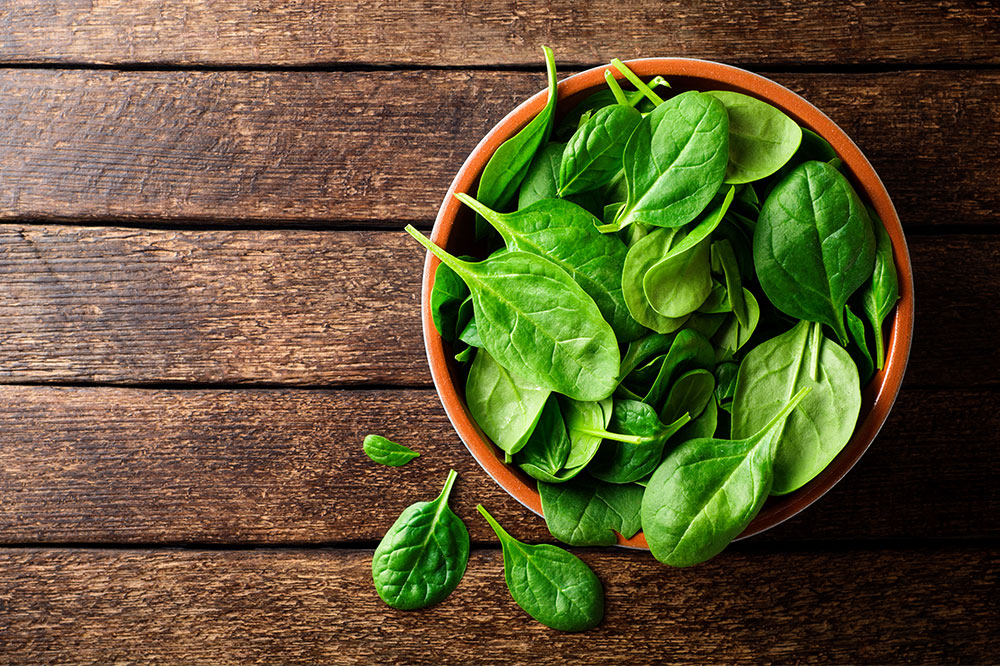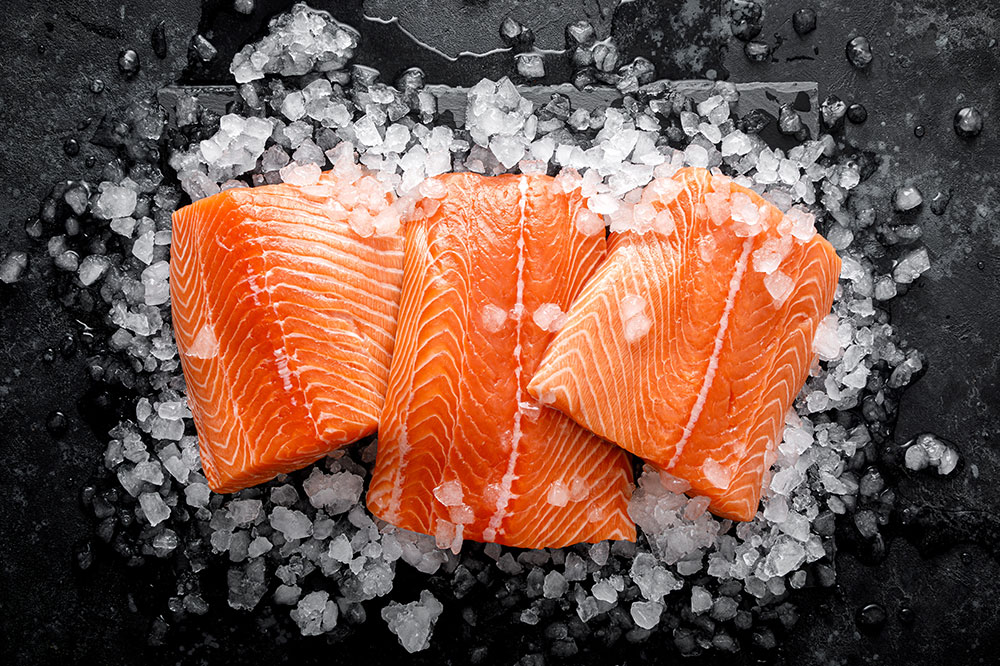Top 8 Nutritional Choices to Help Relieve Migraine Pain
Discover the top 8 foods that aid migraine relief, including salmon, dark chocolate, figs, and more. Incorporating these nutrient-rich options into your diet can help reduce migraine frequency and intensity. Proper hydration and a balanced diet are essential for managing migraine symptoms effectively.
Sponsored

Salmon
Rich in omega-3 fatty acids, salmon supports healthy arteries, reduces inflammation, and helps lower blood pressure. It also contains vital minerals and a balanced mix of omega 3-6-9, making it a potent anti-inflammatory option.
In addition, salmon provides B vitamins that are beneficial for migraine management. Aim for two to three servings of salmon weekly for optimal benefits.
Dark Chocolate
Dark chocolate is high in magnesium, a key mineral involved in migraine control. It promotes relaxation and restful sleep. Choose chocolates with at least 70% cacao, but consult your doctor to confirm it’s safe for your condition.
Figs
Figs are a rich source of potassium, an electrolyte that helps combat inflammation and dehydration, both linked to migraines. Ensure your intake is balanced, especially if you are sensitive to tyramine-rich foods, which dried figs contain. Fresh figs may be a safer choice.
Shrimp contains astaxanthin, an antioxidant that fights inflammation. It’s also packed with omega fatty acids, minerals, and vitamins, contributing to migraine relief.
Sweet Potatoes and Carrots are nutrient-dense foods rich in beta-carotene, which has anti-inflammatory properties. They're high in essential vitamins and minerals like B6, B2, potassium, manganese, and copper, supporting overall health.
Quinoa is a balanced protein and carbohydrate source that is gentle on digestion. Consuming quinoa during migraine attacks may help reduce symptoms.
Kale is a fiber-rich leafy green loaded with omega-3 fatty acids and magnesium, making it an excellent choice for migraine sufferers. It can be easily incorporated into salads, smoothies, soups, or sauces.
Water remains fundamental. Staying well-hydrated prevents dehydration, a common migraine trigger. Aim for at least eight glasses daily, replenishing electrolytes lost through water consumption.






